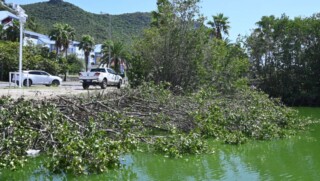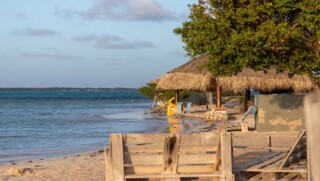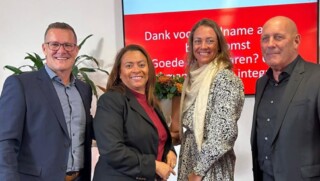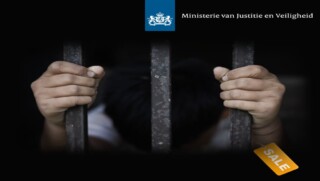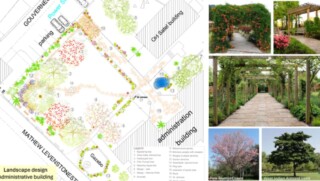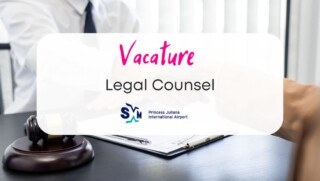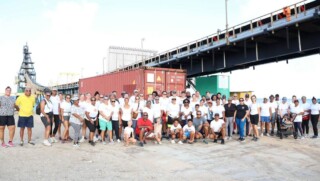Hospital Bonaire and Sarpa denied in court: Interisland flights not allowed
KRALENDIJK/WILLEMSTAD- Fundashon Mariadal and the Colombian company Sarpa SAS were denied in a Summary proceeding with the request for interim relief to allow flights by the Colombian Sarpa between the islands of the former Dutch Antilles and Aruba.
Mariadal and Sarpa had filed a lawsuit against Minister Charles Cooper of VVRP, who is responsible, among other things, for the Curaçao Civil Aviation Authorities (CCAA) and the Dutch Caribbean Air Traffic Navigator (DC-ANSP). The plaintiffs aimed to enforce permission to carry out the mentioned flights.
The problems started when Mariadal terminated a nearly 23-year contract for ambulance flights with the Bonaire-based company Medicair BV. Instead, Mariadal entered into an agreement with the Colombian company operating from Bogotá, Sarpa S.A.S.
The aviation authorities in Curaçao quickly noticed that Sarpa was attempting to operate flights that were beyond the rights of Sarpa, as a foreign provider. They subsequently imposed a ban on Sarpa from conducting these flights.
During the handling of the case, which lasted for several hours and involved a relatively large number of stakeholders, Mariadal and Sarpa argued that the company had also conducted certain flights between the islands in the past. Therefore, they believed that the airline would now also be authorized, at the behest of Fundashon Mariadal, to fly back and forth between the islands.
Government
However, the aviation authorities of Curaçao and Minister Cooper argued that Sarpa, as a foreign company, cannot operate such flights. They also argued that these flights between two ‘domestic’ destinations do not fit within the protocol between Curaçao and Colombia, among others. They illustrated this by stating that a company established on the islands, such as Z-Air, is also not allowed to fly between, for example, two cities in Colombia.
Not competent
Before reaching a conclusion, Judge Martines summarizes the arguments of both parties briefly. She then concludes that the Court of First Instance is not competent to declare a temporary arrangement or emergency measure regarding the required permits for the flights.
Martines also considers that there cannot actually be talk of refusal of the permits by Minister Cooper, simply because he sent several emails to both Sarpa and Mariadal reminding them that Sarpa was not allowed to conduct flights for which it did not have the required permits. “In fact, this was a reminder to the parties that Sarpa was not allowed to conduct flights for which it did not have the required permits”.
Local Company
A point that plays a role in the case is the fact that there is indeed a local company that can conduct ambulance flights, namely Medicair. This, at least in the view of the competent authorities, makes it unnecessary to deviate from existing regulations and protocols regarding the rights of a foreign company.
Due to the way the Court currently operates, with so-called ‘short-cut’ to an appeal or a substantive procedure, it is also noted that it is not possible for the plaintiffs to appeal the judgment now rendered.
In summary, the judgment implies that Fundashon Mariadal will have to return to the negotiating table with Medicair, which can carry out the flights, or the hospital should come up with another solution that fits within the existing aviation rules, permits, and protocols.


